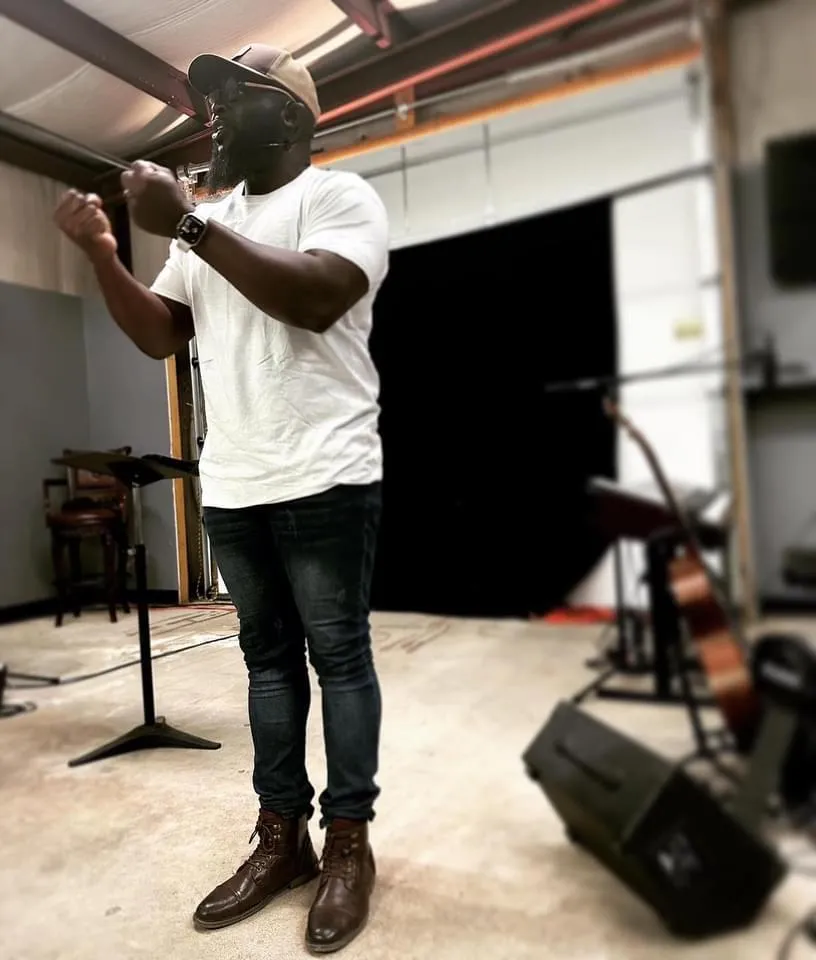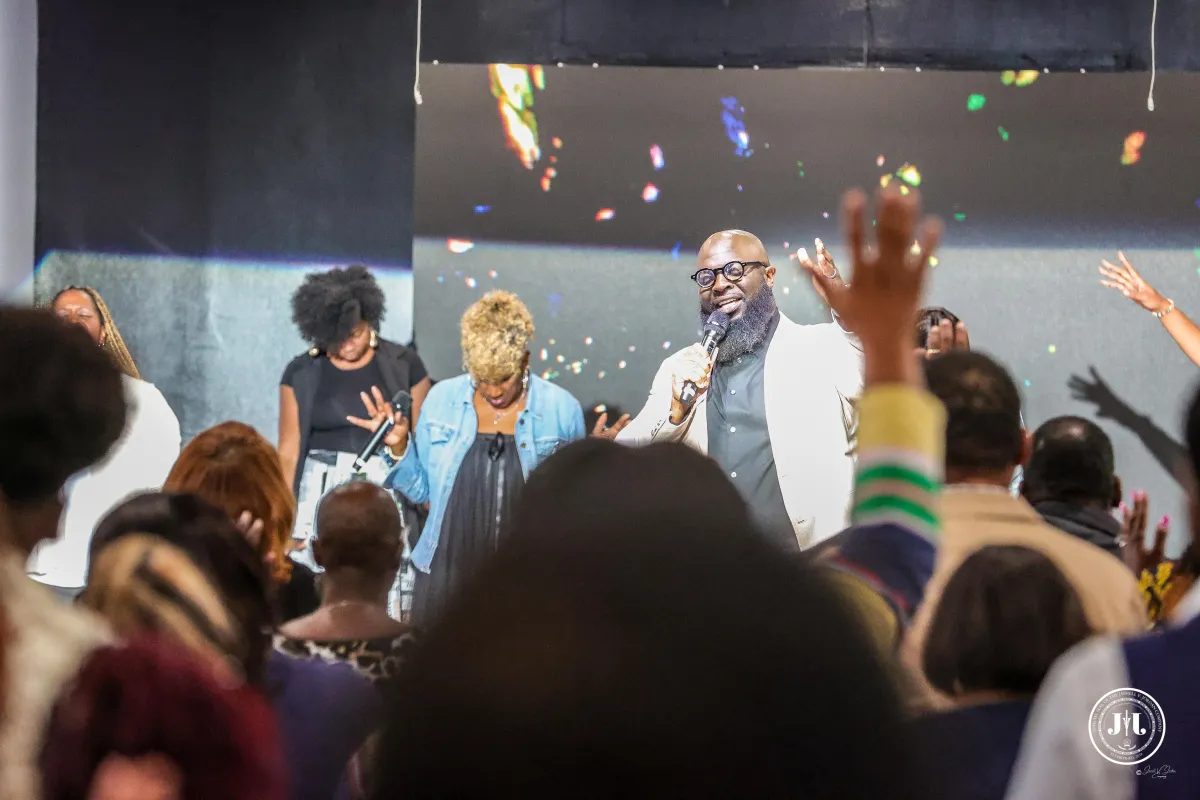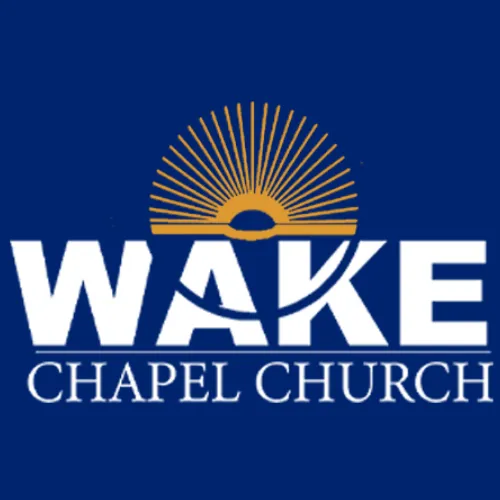
"Transform Your Church with Simple Systems and Cutting-Edge Technology"
Join the Church Systems Bootcamp - Empower Your Ministry, Impact Your Community!




Why Simple Systems Consulting?
Welcome to Simple Systems Consulting - Your Trusted Partner in Church Growth! At Simple Systems, we are dedicated to helping pastors achieve genuine and sustainable church growth. Our founder, Henry Tolbert, has collaborated with over 100 churches to build powerful systems that maximize impact without compromising on gimmicks.
After years of serving as a church leader in many different roles, I felt an overwhelming call to find a role that allowed me to serve pastors and church leaders everywhere. more specifically, I wanted to help churches see the value of spiritual growth through discipleship.
Over and over again, I would see churches pursue numerical and financial growth, without realizing that if people grew spiritually they could more easily help the church numerically and financially.
After just one year, our team has been able to see more than 2500 people start a discipleship journey through their local church. That's who we are. We're disciple-makers who want to help you and your team become better disciple-makers.



Introducing the Church Systems Bootcamp - Your Gateway to Effective Ministry
This comprehensive program equips pastors with time-tested systems for worship planning, assimilation, evangelism, giver development and more. With our bootcamp, you can grow your church authentically and achieve lasting impact!
Develop A Stronger Team To Carry More Responsibility
Turn Visitors Into Members More Consistently
Onboard New Members And Get Them Active Fast
Maximize Your Time So You Can Focus On What's Next
Protect The Church By Building Systems That Stay When People Leave
Save Money And Increase Revenue By Developing Generous Givers In The Church
WE HAVE WORKED WITH 100+ CHURCHES AND COUNTING:



Real Stories of Church Transformation
Hear Inspiring Stories of Church Transformation! Our bootcamp has empowered countless pastors to witness remarkable growth while staying true to their calling. Discover how church systems have revolutionized ministries and brought genuine impact to communities.
Copyright 2023 . All rights reserved
YOU WANT TO MAKE MORE DISCIPLES.
WE MAKE IT SIMPLE..

Small Call to Action Headline
Your Paragraph text goes Lorem ipsum dolor sit amet, consectetur adipisicing elit. Autem dolore, alias, numquam enim ab voluptate id quam harum ducimus cupiditate similique quisquam et deserunt, recusandae. here

Small Call to Action Headline
Your Paragraph text goes Lorem ipsum dolor sit amet, consectetur adipisicing elit. Autem dolore, alias, numquam enim ab voluptate id quam harum ducimus cupiditate similique quisquam et deserunt, recusandae. here

Small Call to Action Headline
Your Paragraph text goes Lorem ipsum dolor sit amet, consectetur adipisicing elit. Autem dolore, alias, numquam enim ab voluptate id quam harum ducimus cupiditate similique quisquam et deserunt, recusandae. here
YOU WANT TO MAKE MORE DISCIPLES.
WE HAVE THE SYSTEMS TO HELP YOU DO IT!
1. REACH & KEEP NEW PEOPLE
Begin with a strong focus to GATHER new people and get them engaged with the church.
2. BUILD & FIELD YOUR TEAMS
Shift focus to GROW the people you have with systems to build connection and commitment.
3. CATCH & RELEASE NEW LEADERS
Expand the vision to create space for new leaders to emerge and take the ministry to new spaces and new people for the Kingdom.
THE RESULTS SPEAK FOR THEMSELVES!

From Denominations to Relational Networks: Why Your Next Covering Will Feel More Like Family
From Denominations to Relational Networks: Why Your Next Covering Will Feel More Like Family
Denominations are dying.
Not overnight. Not all at once.
But the version of “denominational life” many of us grew up in is fading.
You can feel it:
You’re sending money up the chain… and not feeling much come back down.
You have a “covering” on paper… but nobody calls until it’s conference time.
You’re trying to navigate AI, social media, and post-COVID church…
while the main conversation is still about “how we’ve always done it.”
Meanwhile, you’re tired of feeling alone.
You don’t want another title. You want a tribe.
I believe that’s exactly the shift we’re in:
from denominations built on bureaucracy
to relational networks built on covenant.
Let’s talk about it.
The Problem: When the Old Wineskin Stops Stretching
Denominations have done really good in the kingdom. Many of us are their fruit.
But for a lot of pastors under 300, here’s what you’re seeing now:
1. Yesterday’s structure for today’s problems
Many denominational systems were built for a different era:
More people.
Slower change.
Less digital, more analog.
As churches shrank, the complexity stayed the same:
Layers between the local church and national leadership
Committees for committees
Slow responses to fast-changing realities
What used to protect the mission now often slows it down.
2. Red tape that kills momentum
We’ve all watched it:
Clear issues.
Public battles.
Endless process.
Decisions that should take weeks are taking years.
As a local pastor, you can’t wait three years to fix what’s breaking this month.
3. Financial obligations with little visible return
Most small churches are already stretched.
Yet many pastors are still hearing:
“Send your associational giving.”
“Send your state giving.”
“Send your national giving.”
“Oh, and bring a delegation to the convention. Get a hotel, airfare, food…”
But when you ask, “What do we actually get back at the local level?”
The answer often isn’t clear.
It feels like a subscription you forgot you signed up for.
4. Growing disconnect from younger leaders
Most of the churches in the Black church space are smaller than 70.
Most of the pastors reaching younger generations are:
Bivocational
Navigating social media and streaming
Trying to understand AI, online giving, and content
If gathering after gathering doesn’t address their reality, they slowly check out.
They’re not mad.
They’re just tired of feeling unseen.
What Scripture Shows: Family, Not Just Files
When you read the book of Acts, it doesn’t sound like a denomination.
It sounds like family.
The Jerusalem church as a hub
House churches are scattered across cities
Paul planted clusters of churches connected by relationship, not paperwork
Paul’s networks were:
Relational - built on covenant, not just credentials
Apostolic - raising, sending, and strengthening leaders
Spirit-led - flexible enough to respond to what God was doing
There were structures. There was order.
But the glue wasn’t bylaws.
It was a belonging and shared mission.
Why Relational Networks Are Rising
So why are relational and apostolic networks gaining ground right now?
1. Real covering, not just a name on paper
Pastors don’t just want a “bishop” or “overseer” on their flyer.
You want:
Someone who knows your spouse’s name
Someone you can call when a deacon disrespects you in a meeting
Someone who can say, “Here’s your next 30 days. Try this and let’s talk again.”
That’s covering.
Not just “Sons and daughters of…” with no actual parenting.
2. Alignment around vision, not just brand
Many leaders are asking:
“Do we believe the same thing?”
and
“Are we going in the same direction?”
If you feel called to:
Microchurches and systems
Digital ministry
Healthy, sustainable pace
…but your circle thinks livestream is “too worldly,”
There’s going to be tension.
Networks built on shared values + vision are going to thrive.
3. Shared resources and collective impact
Relational networks can share:
Sermon series
Systems templates
Outreach playbooks
Financial strategies that actually work for churches under 100
And it’s relevant, not just recycled.
4. Collaboration instead of competition
In a healthy network, three churches in the same city can:
Run one outreach together
Share the data
Let families land wherever God leads them
Everybody wins.
The kingdom wins bigger.
5. Agility in crisis
Because the structure is lighter, networks can move faster.
In one example, Henry shared:
A pastor in their program hit the wall, spiritually and emotionally.
Within 30 days, multiple pastors booked flights, preached for a month, and poured into that congregation.
That church has since doubled in size, and the pastor has fresh strength.
No months of voting.
No layers of permission.
Just: “One of ours is in trouble. Who can go?”
Watch the Ditches: Not Every “Network” Is Healthy
Every new wineskin has its own dangers. Relational/apostolic networks are no different.
Here are a few red flags.
1. Personality cults
If everything rises and falls on one personality, be careful.
One person as the only voice
No real team around them
Capacity for 10 pastors… but 100 attached to their name
That’s a setup for burnout and disappointment.
2. No real accountability
If the leader:
Can’t be questioned
Can’t be corrected
Has no peers who can tell them “No”
That’s not covering. That’s control.
We’re all human. We all need guardrails.
3. “God told me” abuse
In prophetic/apostolic circles, the most misused phrase is:
“God told me…”
If that’s the hammer for every decision, be cautious.
Healthy leadership sounds more like:
“Here’s what I sense…”
“Pray on this too and tell me what you hear.”
“Let’s see if the Spirit confirms this in all of us.”
4. Chaos dressed up as “organic”
“Organic” is not an excuse for:
No clarity
No structure
No direction
A good network has:
Covenant – we’re committed to walk together
Clarity – here’s how we do that in real life
A 90-Day Sprint to Find (or Build) Your Tribe
You don’t have to build a whole network overnight.
Think in Henry’s P3 framework: Playbook • Players • Performance.
Playbook – Define What You Actually Need
Take one hour and write this down:
What kind of covering do I need right now?
What kind of peers do I need (size, season, mindset)?
What am I willing to give, not just receive?
That becomes your relational playbook.
Players - Find Your People
In the next 90 days:
Take 3 local pastors to coffee or lunch. No agenda. Just connect.
Join 1 online space where pastors are trying to move like you (systems, microchurch, digital, etc.).
Start 1 simple collaboration: prayer night, pulpit swap, shared outreach.
You’re not hunting for celebrities.
You’re looking for brothers, sisters, mothers, and fathers.
Performance - Measure What Actually Matters
Don’t overcomplicate it. Just track:
How many meaningful pastoral conversations did I have this month?
How many times did I receive real support or counsel?
Did I collaborate on anything with another church or leader?
If those numbers are going up, you’re building a tribe.
Small Win Story: When a Network Acts Like Family
That pastor Henry mentioned who’d “had enough”?
Beat up by circumstances.
Worn down by conflict.
Ready to walk away.
Instead of saying, “We’re praying for you, Doc,” the network moved.
Pastors:
Bought their own plane tickets
Preached for a month
Poured into the congregation
Gave that leader time to breathe and heal
A year later?
The church has grown
The pastor is still standing
The story is a living picture of what relational covering looks like
That’s where we’re headed.
From titles to tribe.
From paperwork to people.
Next Step: Step Into a Room Full of Underdogs
If this hit you, you’re probably one of the Davids I keep talking about:
You feel overlooked.
You’re leading a smaller work with a big call.
You’re hungry for real tools and real relationships.
That’s why we’re hosting The Underdog Conference, a 3-day virtual experience for pastors and kingdom leaders who are tired of pretending and ready to build:
Healthy systems
Durable teams
Real collaboration
Sustainable, effective ministry and marketplace work
You’ll hear from leaders who are:
Pastoring real churches (often under 300)
Building real businesses
Actually doing the things you’re trying to figure out
And you won’t have to do it alone.
👉🏿 Grab your spot for The Underdog Conference here - UNDERDOG CONFERENCE LINK
One step.
One new room.
One tribe closer to the kind of covering you’ve been praying for.












